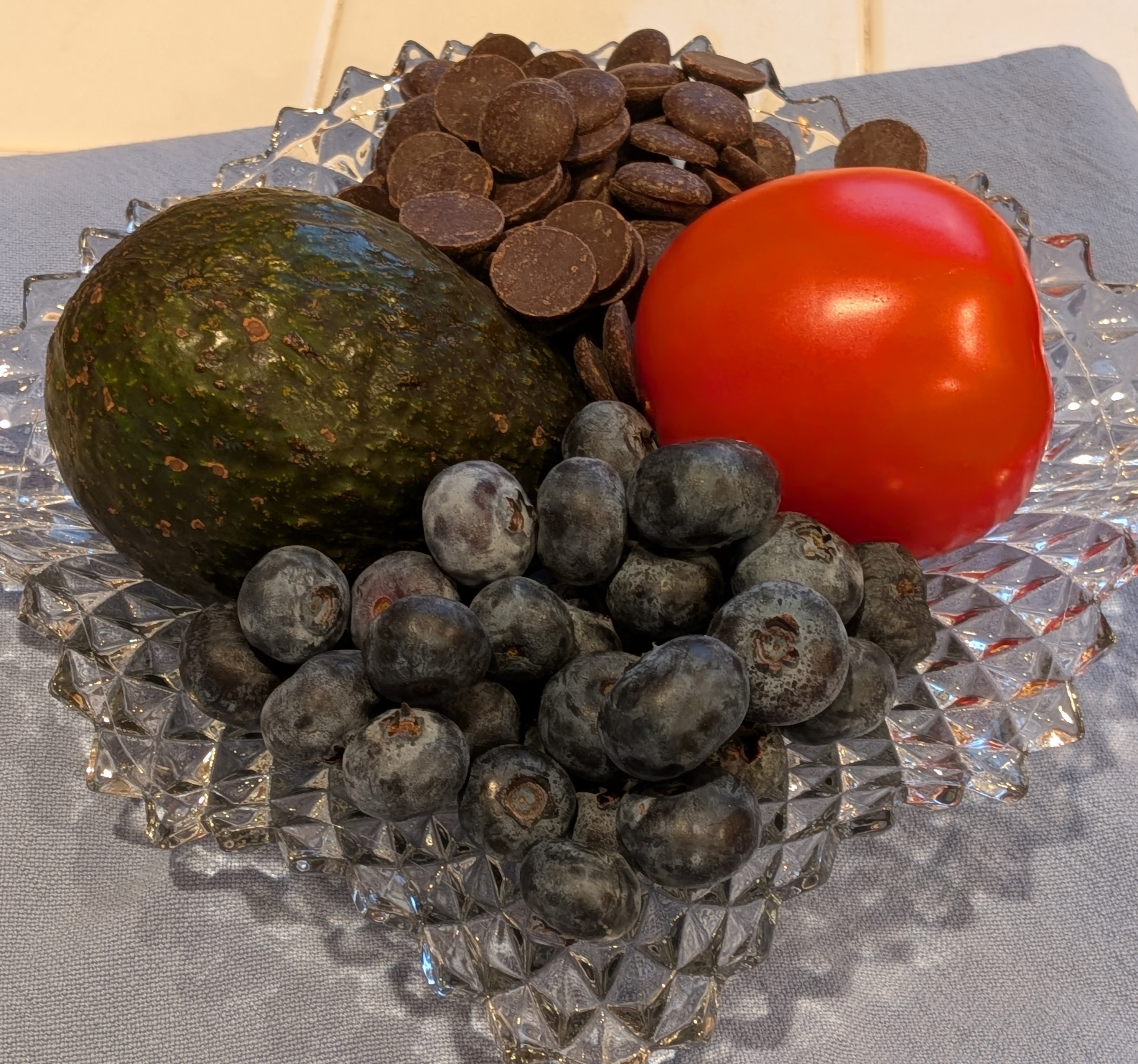Delicious, Easy Recipes
From breakfast to dinner and everything in between, our recipes prove that healthy eating can be flavorful, affordable, and easy.


Whether you're here to discover new recipes, improve your cooking skills, or dive into the latest in nutrition research, you’ve come to the right place. At No Bad Foods®, we believe that food is medicine—every meal is a chance to nourish your body, restore balance, and boost long-term health.


Our nutrition-based recipes make it easy to eat with purpose, combining delicious flavors with health benefits—from gut-friendly meals to heart-healthy ingredients. Start your journey to better health and enjoy food that nourishes both body and mind.
The modern American diet has shifted dramatically in the past 50 years. This has resulted in serious consequences for our health.
60% of the American diet comes from ultra-processed foods.
74% of Americans are overweight or obese.
50% of Americans are diabetic or pre-diabetic

Home Economics is taught in only 5% of schools, leaving many adults unsure in the kitchen. We make healthy eating simple through knowledge, community, and easy, delicious recipes. By making small changes—like eating more whole foods and reducing ultra-processed foods (UPFs)—you can take control of your health, one meal at a time.



From breakfast to dinner and everything in between, our recipes prove that healthy eating can be flavorful, affordable, and easy.
Stay informed with research-backed articles on how food affects mental and physical health, including anxiety, inflammation, and chronic disease.
Build your confidence in the kitchen—one skill at a time. Master foundational techniques and get visual inspiration for your next meal.
Join our cooking classes, explore featured stories, and follow us for updates on upcoming workshops and events.

March is National Nutrition Month and the theme is "Discover the Power of Nutrition". Have to debunk a few myths to understand more of the power!



Easy to find foods that are great for your skin including one that's a welcome surprise!



Join our cooking classes, community events, or host a nutrition demo
Reach out for speaking opportunities, collaborations, or media inquiries
Follow for daily recipes, tips, and kitchen inspiration
